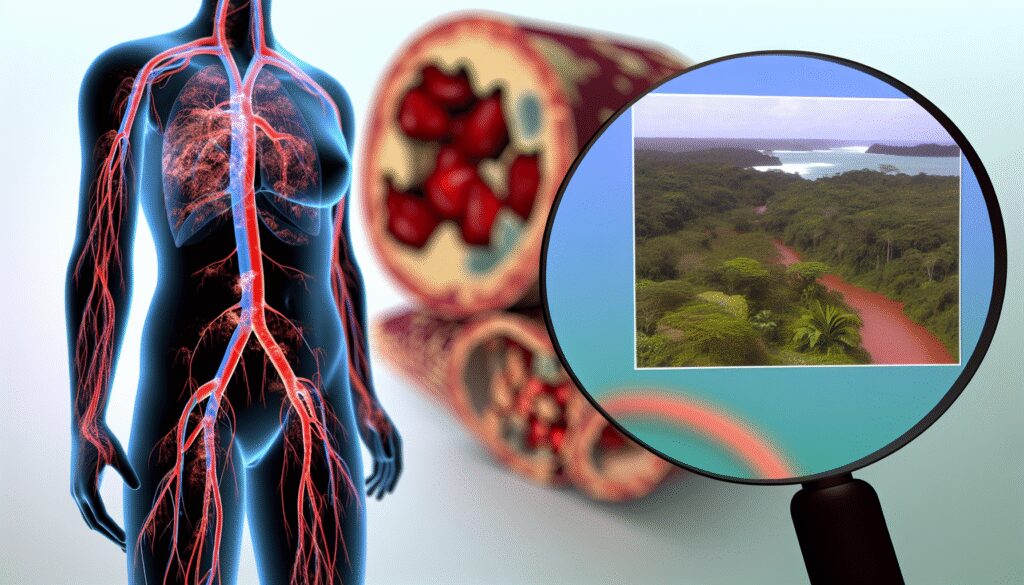Erdheim-Chester Disease in Djibouti: Challenges and Opportunities for Diagnosis and Treatment in a Resource-Limited Setting

Erdheim-Chester Disease (ECD), a rare multisystemic histiocytosis, poses significant challenges in resource-limited settings like Djibouti due to inadequate healthcare infrastructure, limited diagnostic tools, and restricted access to therapies. This article explores these obstacles, ECD’s etiology including BRAFV600E mutations, and recommends capacity building, telemedicine, and international collaboration for improved management.
Guillain-Barré Syndrome in New Caledonia: Challenges and Insights into Regional Outbreaks

This article examines Guillain-Barré Syndrome (GBS) in New Caledonia, a Pacific Island territory, highlighting its epidemiology, regional outbreaks, and challenges due to isolation and limited healthcare resources. It explores GBS’s autoimmune etiology, links to infections like Zika, and vaccine associations, while proposing enhanced surveillance and tailored health strategies.
Whipple’s Disease in Nauru: Challenges in Diagnosis and Management in a Small Island Nation

This article explores the challenges of diagnosing and managing Whipple’s Disease (WD) in Nauru, a small Pacific island with limited healthcare resources. It highlights difficulties due to non-specific symptoms, lack of diagnostic tools, and treatment access, proposing capacity building and regional collaborations to improve outcomes.
Challenges in Diagnosing and Managing Takayasu Arteritis: Insights from São Tomé and Príncipe

This article examines the challenges of diagnosing and managing Takayasu Arteritis (TA), a rare vasculitis, in São Tomé and Príncipe, a resource-limited island nation. It highlights healthcare constraints, cultural barriers, and limited diagnostic access, while offering recommendations for capacity building and international collaboration to improve TA care.
